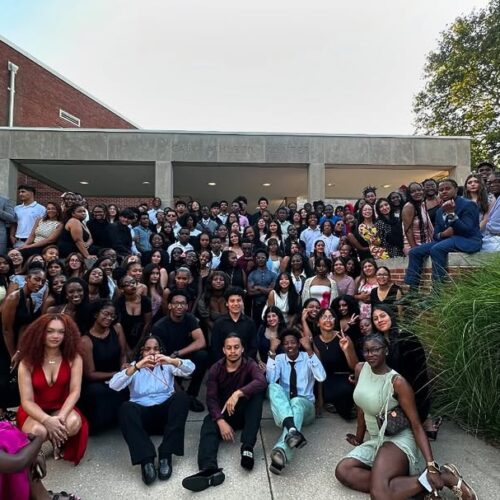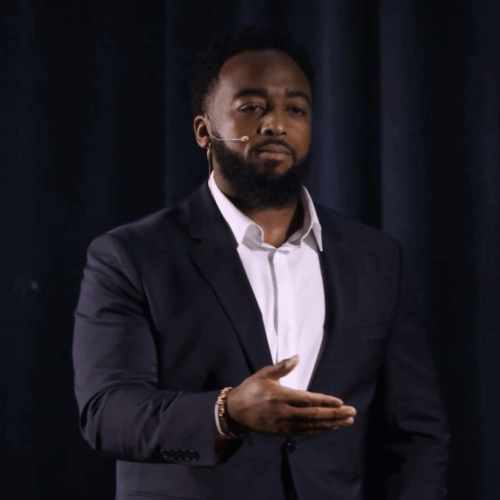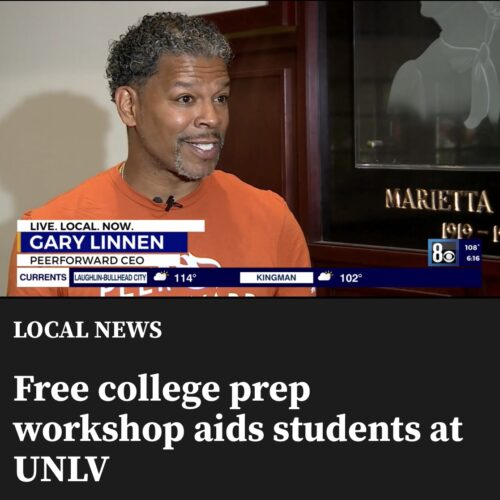 In their new book, Most Blessed of the Patriarchs: Thomas Jefferson and the Empire of the Imagination, Annette Gordon-Reed and Peter S. Onuf tell the story of how Thomas Jefferson, when he was 16, decided he needed to go to the College of William and Mary. In order to pay the tuition, Jefferson had to make the case for the importance of a college education to the executors of his father’s estate. In his letter petitioning for the funds, he argued that by attending William and Mary, “I shall get a more Universal Acquaintance, which may hereafter be serviceable to me.” The executors, persuaded, gave him the tuition money.
In their new book, Most Blessed of the Patriarchs: Thomas Jefferson and the Empire of the Imagination, Annette Gordon-Reed and Peter S. Onuf tell the story of how Thomas Jefferson, when he was 16, decided he needed to go to the College of William and Mary. In order to pay the tuition, Jefferson had to make the case for the importance of a college education to the executors of his father’s estate. In his letter petitioning for the funds, he argued that by attending William and Mary, “I shall get a more Universal Acquaintance, which may hereafter be serviceable to me.” The executors, persuaded, gave him the tuition money.
It seems that the possessors of cultural capital and power in this country have, from the beginning, understood that effective education is rooted in the power of peer influence – or what Jefferson called “Universal Acquaintance.” It is time, finally, that we deliberately and methodically seed “Universal Acquaintance” in all of our schools so that our country may finally attain, in Mr. Jefferson’s words, “an aristocracy of achievement arising out of a democracy of opportunity.”
What does this mean specifically? Imagine that every high school in this country that serves low-income students and families – there are about 6500 of them – included, as part of their core structure and culture, a team of student leaders, Universal Acquaintances as it were, who partnered with the principal and teachers to get their fellow students to achieve – to persevere through algebra; to access free on-line tutoring services; to attend school regularly and on time; to choose the necessary courses to graduate ready for post-secondary; to submit their FAFSA forms early; to build a college list appropriate to their interests and their families’ needs; to connect them to social and mental health services when they are overwhelmed; to connect them, through social media and school wide events, to a greater network of achieving young people from their communities. This type of peer-to-peer network is what Jefferson knew he needed in order to fulfill his aspirations and this is what every young person has always needed and deserves.
Keith Frome, PeerForward CEO











